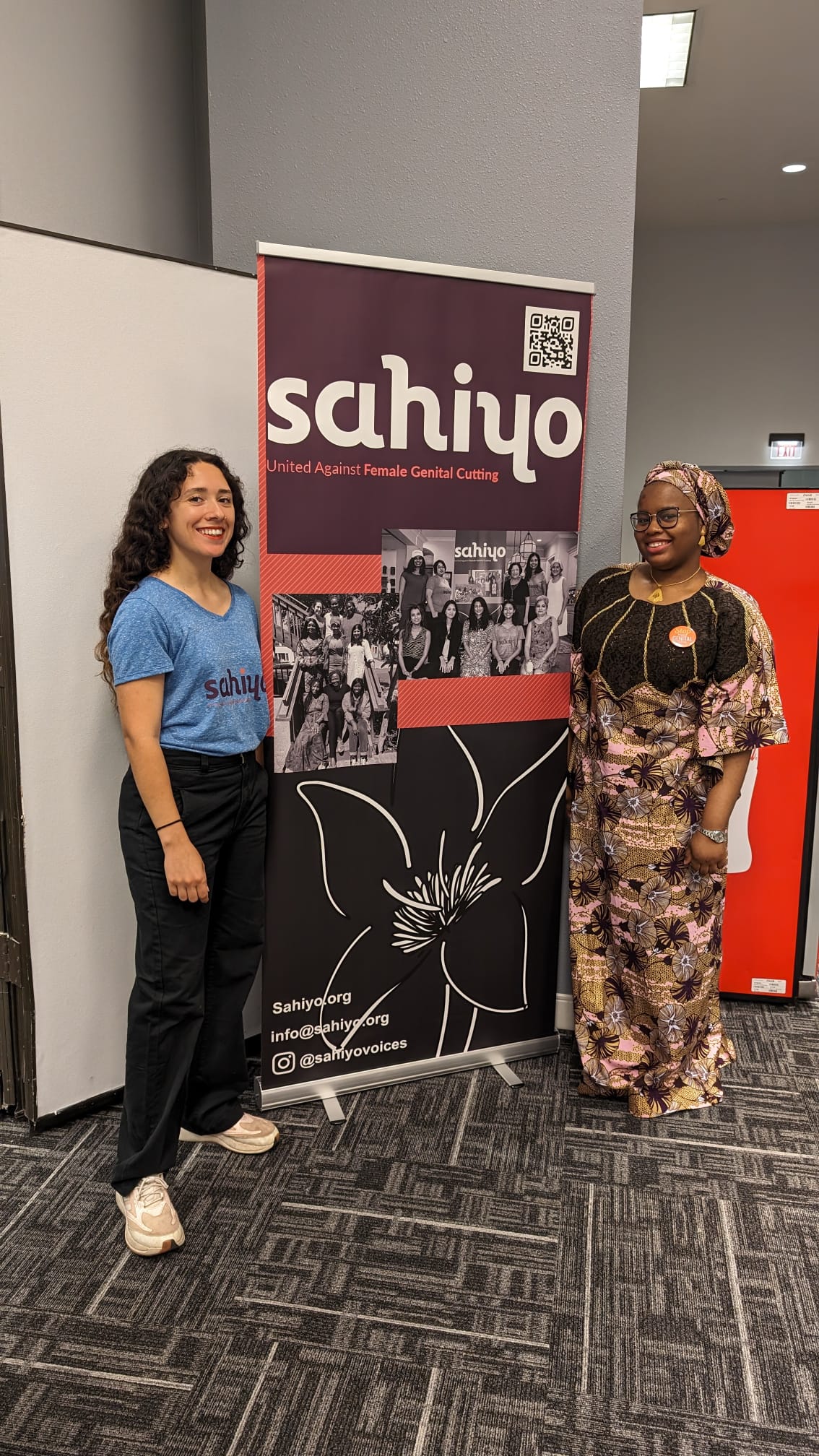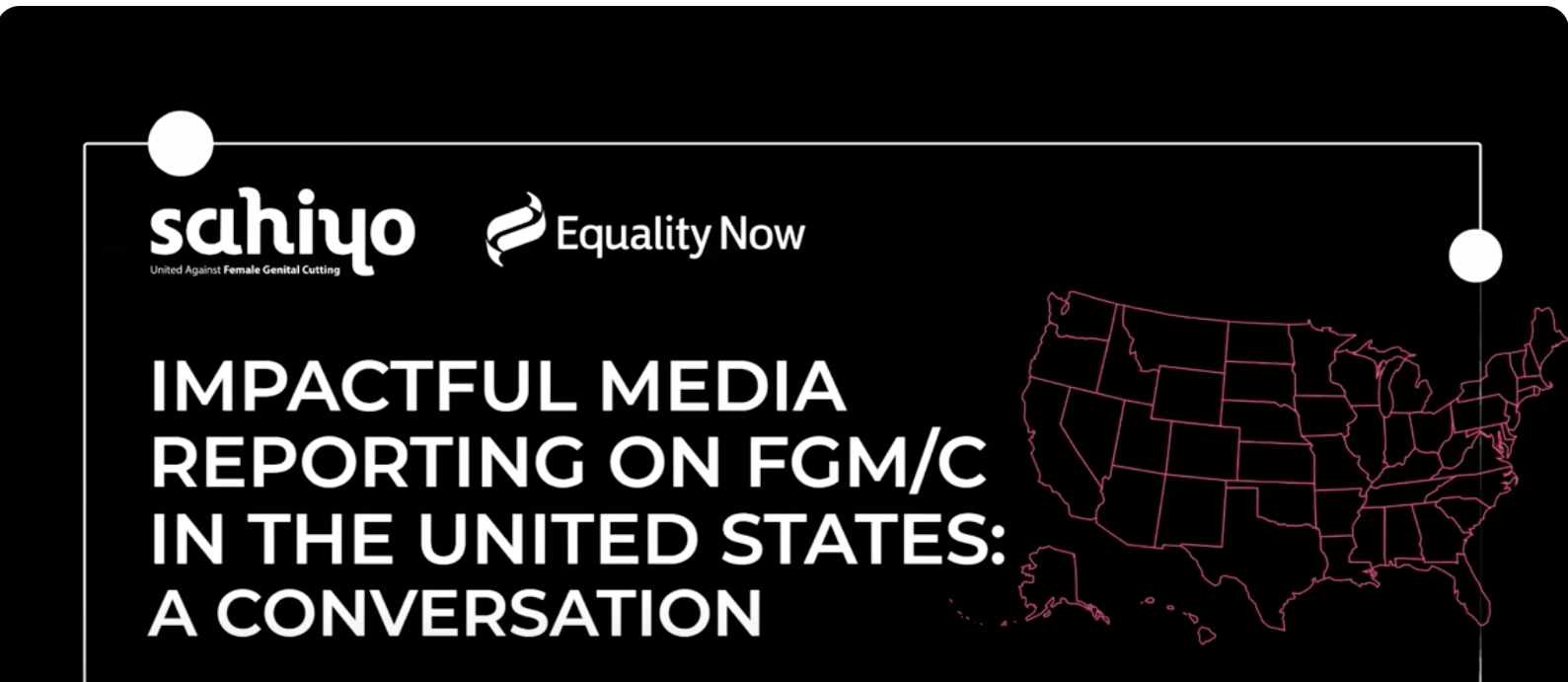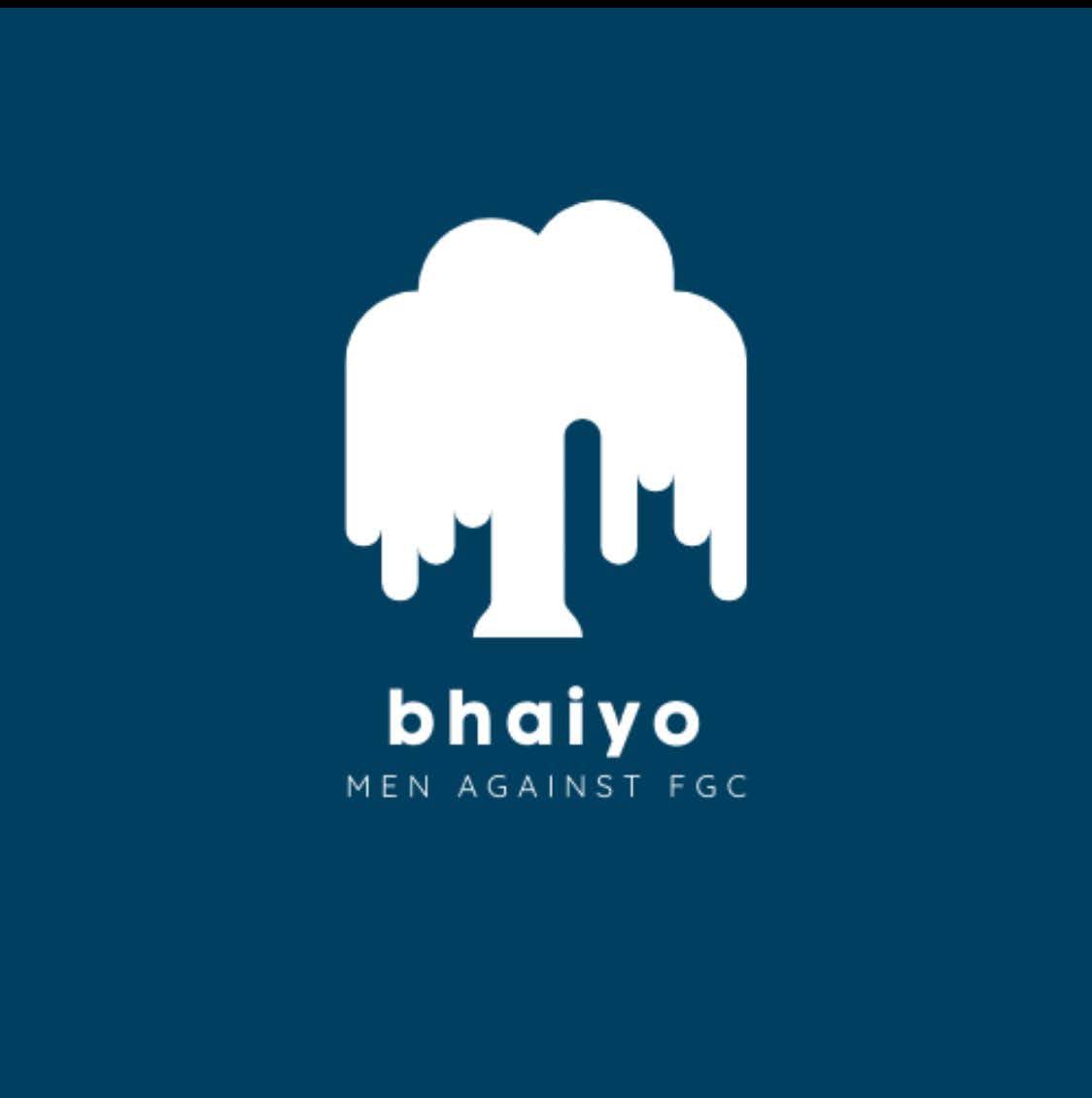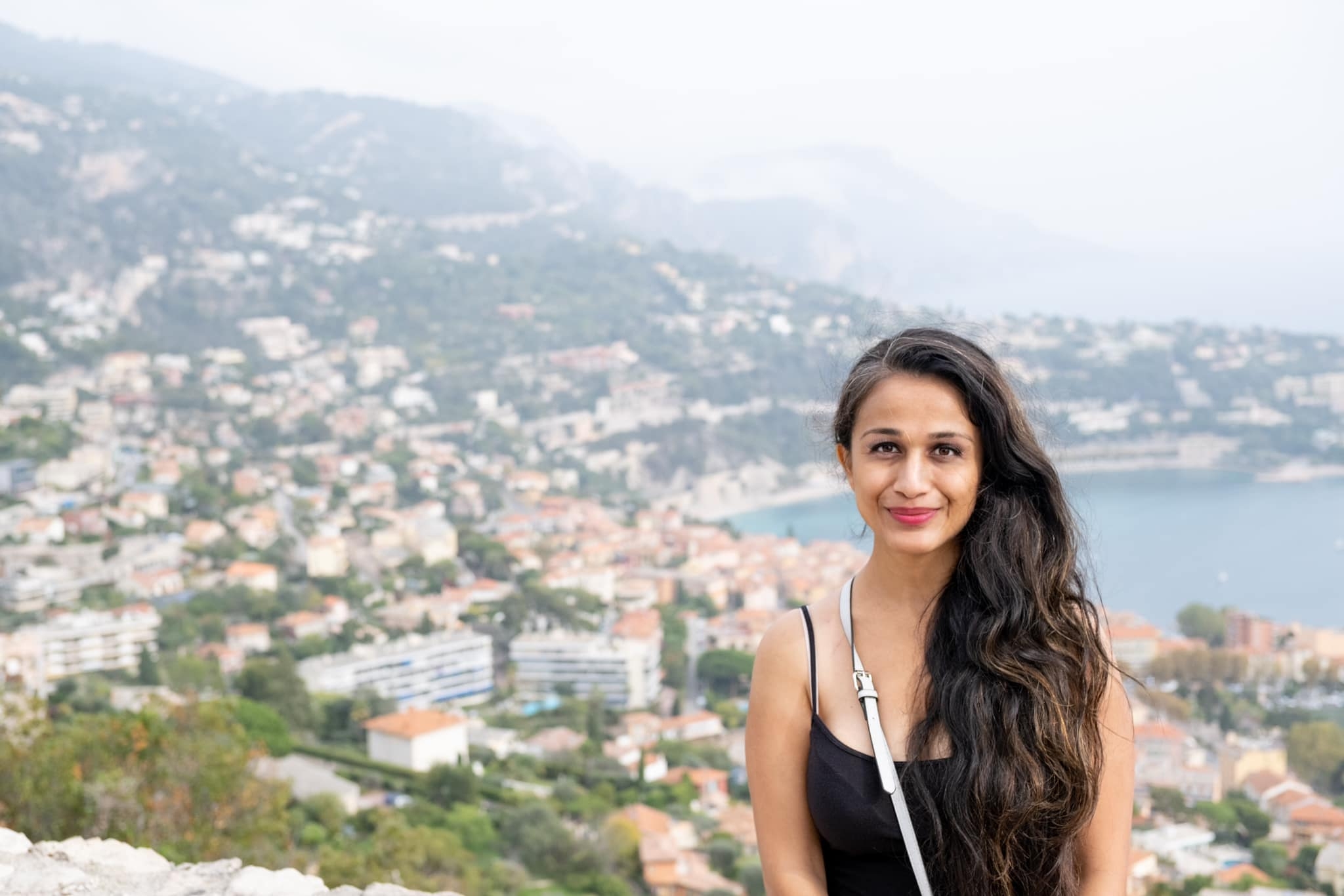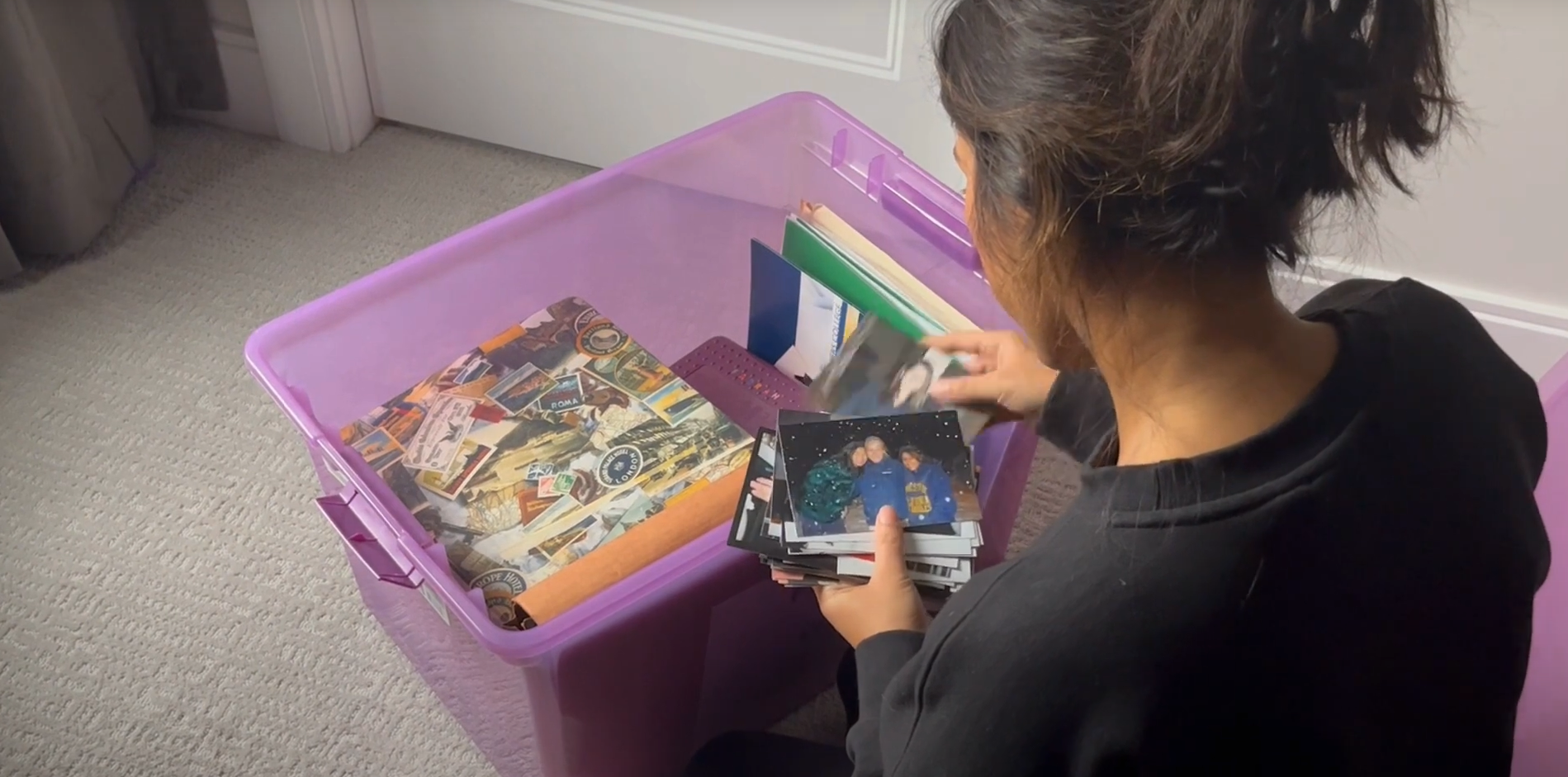On May 22nd, Sahiyo U.S. had the honor of presenting an FGC 101 training at the Illinois Coalition Against Sexual Assault (ICASA) conference in Springfield, Illinois. This training aimed to raise awareness and educate attendees about the critical issue of female genital cutting (FGC).
Our session provided a comprehensive overview of FGC, including terminology, WHO’s classification of FGC, health impacts, and prevalence globally and in the United States, with specific statistics from Illinois. The presentation emphasized the need for stronger data, enhanced research, and community engagement to improve prevention, protection, and support services for women and girls impacted by FGC.
Jumai Olumo, a dedicated Sahiyo volunteer and PhD candidate studying community psychology with a special focus on FGM/C, attended in person to support the event. Her academic and professional insights made the discussion both informative and personable. The diverse audience included rape crisis center staff from around the state, counselors, advocates, preventionists, and management/leadership, all of whom play a crucial role in supporting survivors of sexual violence.
Participants were struck by the global and local prevalence of FGC, including within the United States. Many attendees were also surprised to learn that only 41 states currently have laws against FGC.
One attendee remarked, "The presentation was incredibly impactful for someone like me who had little knowledge of FGC," while another reflected, "great, informative presentation. Glad to know this organization exists."
The ICASA conference provided an excellent platform for Sahiyo to connect with other organizations and individuals committed to ending sexual violence and supporting survivors. We are grateful for the opportunity to contribute to this important conversation and continue raising awareness.

